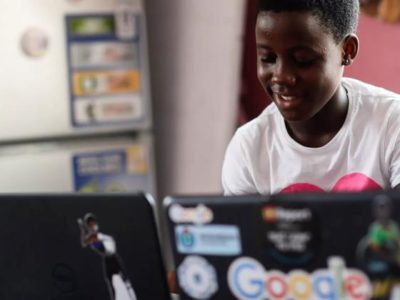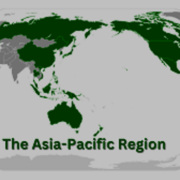AEASI Debuts to Drive Ethical AI in the Global South
A groundbreaking £2.75 million ($3.7 million) initiative, the AI Evidence Alliance for Social Impact (AEASI), has been launched. It will promote responsible and evidence-based use of artificial intelligence (AI) for social good across Africa and Asia.
Formed by Community Jameel, in partnership with the Abdul Latif Jameel Poverty Action Lab (J-PAL), the UK’s Foreign, Commonwealth & Development Office (FCDO), the Canadian International Development Research Centre (IDRC), and IDinsight, AEASI is part of a broader $7.5 million collaboration with Google.org to support AI impact evaluations.
The initiative was officially announced at the AI for Africa Conference in Cape Town, bringing together leading voices in AI development. Others include those in policymaking, and applied research to study how artificial intelligence can be deployed ethically to improve lives.
Bridging the AI Evidence Gap in Developing Regions
AEASI aims to connect AI developers, researchers, and policymakers to build evidence around the social benefits and risks of AI deployment. The alliance will fund research, support local leadership in AI innovation, and scale responsible technologies across developing regions.
According to Kanishka Narayan, the UK’s Minister for AI and Online Safety, the initiative reinforces the UK’s support for “African-led innovation that puts people first.”
The launch marks a pivotal step in advancing locally-led, evidence-driven AI governance across the Global South. As AI adoption accelerates in Africa and Asia, regulatory and ethical frameworks have struggled to keep pace. This is raising concerns over data privacy, algorithmic bias, and inequality.
Collaborative Effort to Build Inclusive AI Governance
By pooling resources and expertise from Community Jameel, J-PAL, Google.org, and government partners, AEASI aims to close the evidence gap. They will help generate actionable insights on both the benefits and potential harms of AI systems.
Unlike top-down tech interventions of the past, the alliance emphasizes African and Asian leadership in setting research and policy priorities. This bottom-up approach ensures that AI systems developed for local contexts are ethical, inclusive, and socially beneficial.
The outcomes of AEASI’s work are expected to guide governments, development agencies, and multilateral organization. This guidance is essential for crafting inclusive AI policies and funding strategies that promote digital equity and sustainable growth.
Africa and Asia as Co-Creators of Global AI Standards
More than a funding mechanism, AEASI positions Africa and Asia as co-creators. They are not just adopters of emerging global AI governance standards. Through evidence-based research and regional leadership, the initiative seeks to ensure that AI technologies enhance livelihoods, protect human rights, and drive ethical innovation.
As AI becomes integral to economic development, AEASI’s collaborative model offers a pathway for developing nations to shape the global AI agenda, balancing innovation with accountability.






























